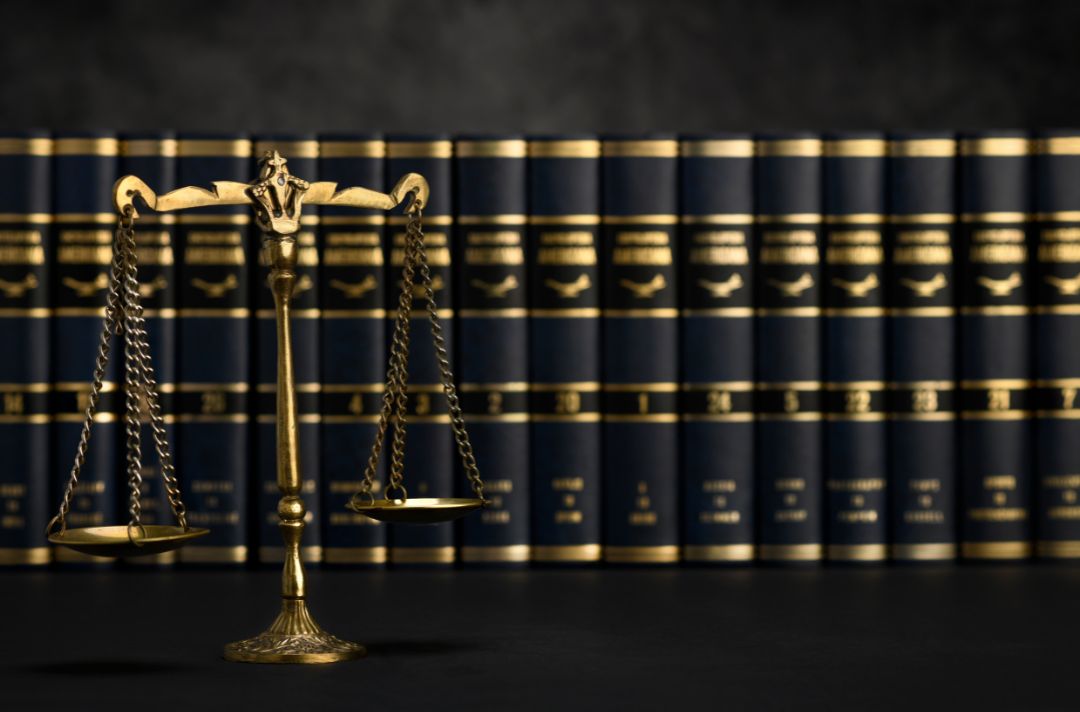
DC Hate Crime Laws: What You Need to Know
Hate crimes are serious crimes that impact both individuals and their communities alike. The government takes these offenses very seriously in Washington, DC, implementing strict laws to combat and deter them. Understanding the legal framework surrounding hate crimes in DC can help victims seek justice and raise awareness about these harmful acts.
What is a Hate Crime?
A hate crime is defined as a criminal act committed against a person, property, or group motivated by bias or prejudice based on specific protected characteristics. These characteristics include race, ethnicity, religion, national origin, sexual orientation, gender identity, disability, or any other category protected under local or federal laws.
In Washington, DC, the “Bias-Related Crime Act” is the primary legislation/statute addressing hate crimes. This law is designed to protect individuals from crimes motivated by bias and to ensure that perpetrators face enhanced penalties.
Penalties for Hate Crimes in DC
Hate crimes in Washington, DC, carry enhanced penalties compared to similar offenses without a biased motive. Under the Bias-Related Crime Act, the court may impose a penalty enhancement of up to 1.5 times the maximum fine or imprisonment for the underlying offense. It means that individuals convicted of hate crimes can face significantly harsher sentences.
Reporting Hate Crimes
If you or someone you know has been a victim of a hate crime, it is crucial to report it immediately. Here are the steps to follow:
- Contact the Police: Call 911 if you are in immediate danger or contact the DC Metropolitan Police Department (MPD) to report the crime. Be sure to provide as much detail as possible, including descriptions of the perpetrator, any witnesses, and evidence such as photos or videos.
- Document the Incident: Record what happened, including the time, date, and location of the crime. Save any physical evidence or correspondence related to the incident.
- Seek Support: Contact community organizations or advocacy groups that specialize in assisting hate crime victims. They can provide emotional support and legal guidance and help navigate the reporting process.
- File a Civil Rights Complaint: In some cases, hate crimes may also violate federal civil rights laws. Victims can file a complaint with the U.S. Department of Justice or other federal agencies.
Resources for Hate Crime Victims
DC offers various resources to support hate crime victims and their families. Some of these include:
- The DC Victim Hotline: This hotline provides confidential support, information, and referrals to victims of crime. The hotline can be reached at 1-844-4HELPDC (1-844-443-5732).
- The Metropolitan Police Department (MPD): The MPD has a dedicated unit investigating hate crimes and bias-related incidents. Victims can contact the MPD to report a crime or seek updates on their case.
- Community Organizations: Groups such as the Anti-Defamation League (ADL), the Human Rights Campaign (HRC), and the Council on American-Islamic Relations (CAIR) offer resources, advocacy, and legal assistance to hate crime victims.
Preventing Hate Crimes
While strict laws and penalties exist and are essential to preventing hate crimes, the task of actually preventing hate crimes requires a collective effort from individuals, communities, and institutions. Here are some ways to help stop hate crimes:
- Promote Awareness: Educate yourself and others about the impact of hate crimes and the importance of diversity and inclusion.
- Report Incidents: Even if an incident does not rise to the level of a hate crime, reporting bias-related behavior can help authorities track trends and take preventive action.
- Support Victims: Offer support and solidarity to hate crime victims in your community. It can include attending events, participating in awareness campaigns, or volunteering with organizations that assist victims.
- Advocate for Policy Changes: Encourage lawmakers to enact and enforce laws that effectively protect vulnerable communities and address hate crimes.
- Build Inclusive Communities: Foster an environment of respect and understanding by celebrating cultural differences and addressing prejudice and discrimination in your community.
Federal vs. Local Hate Crime Laws
It is important to note that hate crimes can be prosecuted under both federal and local laws, especially in the District of Columbia where crimes can be prosecuted both by the District of Columbia’s Office of the Attorney general (DC OAG – local DC government prosecution) and by the United States Attorney’s Office for the District of Columbia (USAO DC – federal prosecution in DC).
Federal and local anti-hate crime laws expand the categories of protected characteristics to include gender, sexual orientation, and disability.
In DC, local authorities (DC OAG) typically handle hate crime cases. Nonetheless, federal prosecutors (USAO DC) may step in if the crime has broader implications or involves multiple jurisdictions.
Challenges in Prosecuting Hate Crimes
Prosecuting hate crimes can be challenging due to the difficulty of proving bias motivation. Defense attorneys often argue that the crime was not motivated by prejudice but rather by other factors, such as personal disputes or random acts of violence. Prosecutors who prosecute these crimes must gather compelling evidence to prove beyond a reasonable doubt that hate or bias is intrinsic to the crime. Such evidence includes:
- Statements made by the perpetrator before, during, or after the crime.
- Symbols, graffiti, or other materials indicating bias.
- Testimonies from witnesses who observed the crime or heard the perpetrator’s remarks.
Despite the challenges to prosecuting hate crimes, DC authorities are committed to pursuing justice for hate crime victims and holding offenders accountable.
Conclusion
Hate crimes attack individuals in deeply offensive methods and they attack the values of equality and inclusion that society strives to uphold. Washington, DC has strict laws in place to address these crimes and protect vulnerable individuals and communities. By understanding DC hate crime laws, reporting incidents, and supporting prevention efforts, we can work together to create a safer and more welcoming space for everyone; it’s essential to take action.
If you or someone you know has experienced a hate crime, don’t wait to get help. Reporting it and using available resources can help deliver justice and stop it from happening again. If you are wrongly accused and charged with a hate crime, contact the expert attorneys at Ervin Kibria Law DC.




